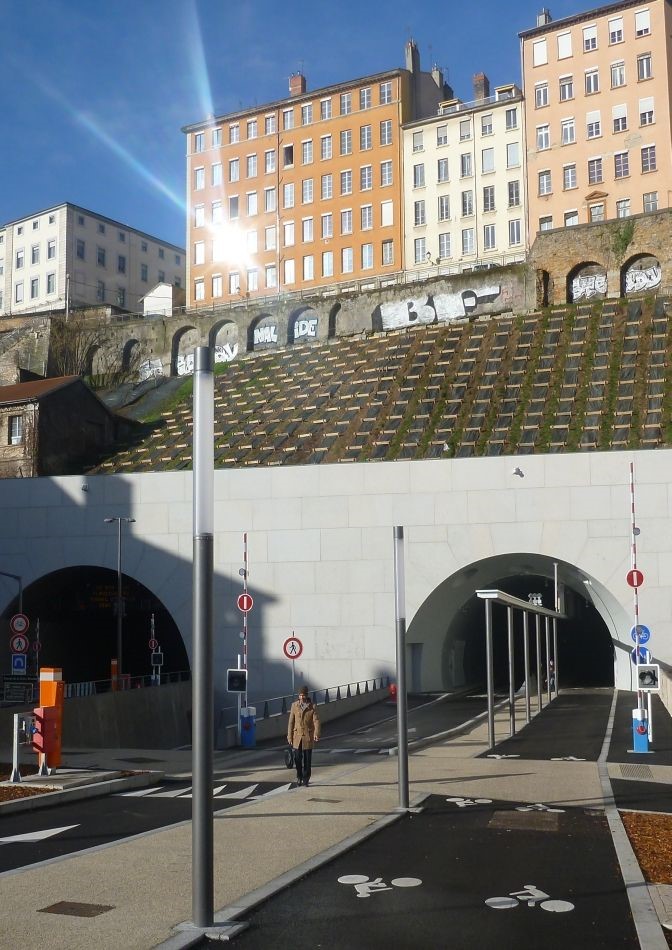
Road Tunnels Manual

Road Tunnels Manual
 Road operators and road authorities are increasingly expected to promote an efficient use of energy and to adopt sustainable methods for the construction and operation of public roads.
Road operators and road authorities are increasingly expected to promote an efficient use of energy and to adopt sustainable methods for the construction and operation of public roads.
Throughout its history, PIARC has published several reports aimed at improving the efficiency of tunnel operations, reducing operating costs and mitigating environmental impacts.
With the world population increasing, and several natural resources running scarce, sustainable development has justifiably become a topic of interest in various domains of society over the past decades. The field of infrastructure is no exception.
However, within this field, there are few guidelines and best practices available that specifically address the sustainability of road tunnels.
Moreover, so far, the World Road Association has not issued any recommendations for road tunnels which reflect the current ‘state of play’ in various countries. This is understandable, as road tunnels are just a small part of the road network as a whole. On the other hand, given that road tunnels are complex and expensive objects, with a life cycle that normally spans more than 100 years, it is clear that the concept of sustainable road tunnel operation is of great relevance.
The technical report 2017R02EN "Road tunnel operations: first steps towards a sustainable approach" was therefore developed as an initial means of making up for this shortfall.